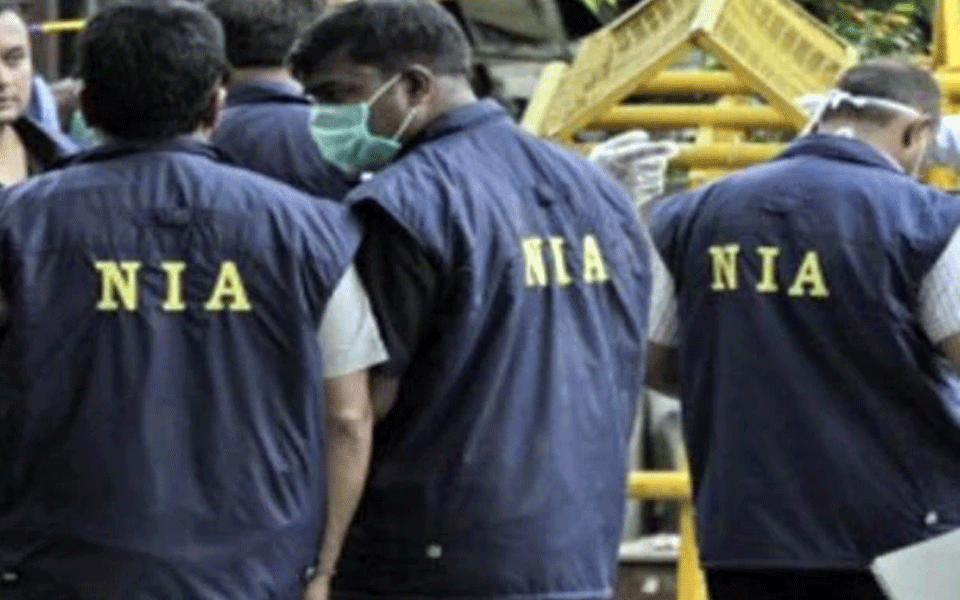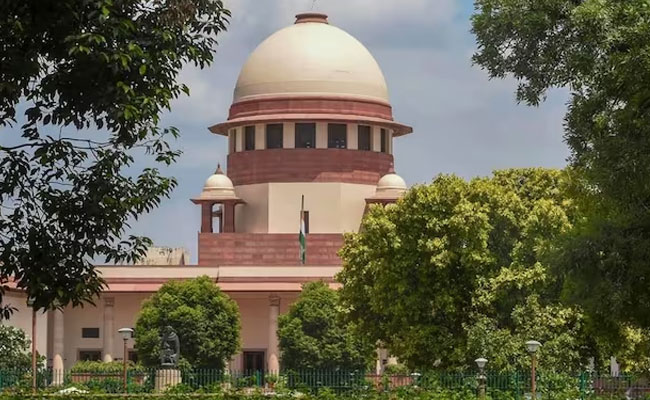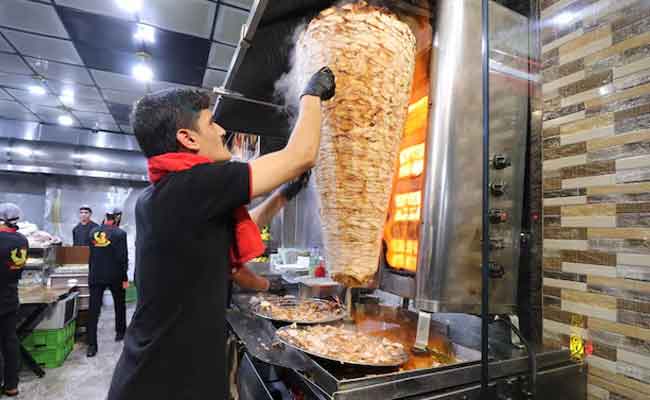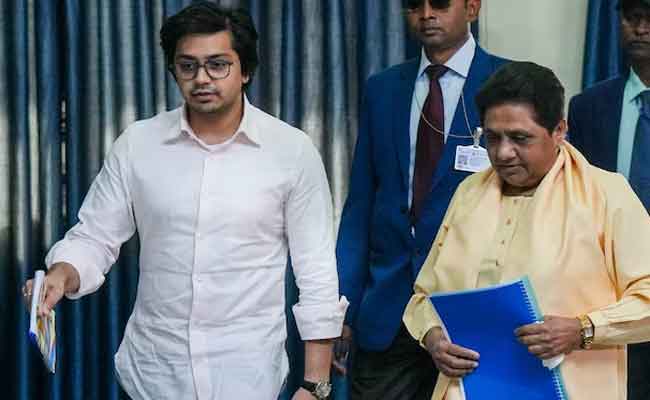New Delhi/Kolkata: The NIA arrested nine suspected Al Qaeda operatives on Saturday after conducting simultaneous raids at several locations in Kerala and West Bengal, an official said.
The raids were conducted in the early hours at Ernakulam in Kerala and Murshidabad in West Bengal.
The National Investigation Agency (NIA) had learnt about an inter-state module of al-Qaeda operatives at various locations in India, including West Bengal and Kerala.
The group was allegedly planning to launch terror attacks at vital installations in the country with an aim to kill innocent people, the official said.
The NIA registered a case on September 11 and launched a probe. The agency arrested six accused from West Bengal and three from Kerala.
Murshid Hasan, Iyakub Biswas, Mosaraf Hossen from Ernakulam and Najmus Sakib, Abu Sufiyan, Mainul Mondal, Leu Yean Ahmed, Al Mamun Kamal and Atitur Rehman from Murshidabad were the accused arrested by the NIA.
“As per preliminary investigation, these individuals were radicalised by Pakistan-based Al-Qaeda terrorists on social media and were motivated to undertake attacks at multiple places including the National Capital Region. For this purpose, the module was actively indulging in fund raising and a few members of gang were planning to travel to New Delhi to procure arms and ammunition. These arrests have pre-empted possible terrorist attacks in various parts of the country,” the NIA said.
The agency claimed to have recovered “large quantity of digital devices, documents, jihadi literature, sharp weapons, country-made firearms, a locally fabricated body armour, articles and literature used for making home-made explosive devices” from the accused.
They will be produced before the courts concerned in Kerala and West Bengal for custody and further investigation, he added.
NIA Arrests Nine Al-Qaeda Terrorists from West Bengal and Kerala pic.twitter.com/qL7p4rR9lc
— NIA India (@NIA_India) September 19, 2020
Let the Truth be known. If you read VB and like VB, please be a VB Supporter and Help us deliver the Truth to one and all.
New Delhi (PTI): The Supreme Court on Monday refused to consider listing of a plea seeking abolition of the collegium system of judges appointing judges in the higher judiciary.
A bench comprising Chief Justice D Y Chandrachud and Justices JB Pardiwala and Manoj Misra took note of the plea of lawyer Mathews Nedumpara that his writ petition seeking abolition of the collegium system has to be listed for hearing.
“I have mentioned it several times. The registry has rejected it and is not listing my petition,” the lawyer said.
“The Registrar (Listing) has said that once the Constitution bench has ruled on something, an Article 32 petition (under the Article a plea can directly be filed in the Supreme Court on grounds of infringement of fundamental rights) is not maintainable. There are other remedies against the registrar’s order,” the CJI said.
The review petition against the NJAC judgement was dismissed in the chambers, the lawyers said, adding, “This is about the credibility of the institution. The Collegium system has to go.”
“I am sorry,” the CJI said.
A five-judge Constitution bench, on October 17, 2015, had termed as unconstitutional and set aside the National Judicial Appointments Commission (NJAC) Act and the 99th Constitutional Amendment which had sought to give the politicians and civil society a final say in the appointment of judges to the high courts and the Supreme Court.
It had held that the independent judiciary was part of the basic structure of the Constitution.
The plea seeking review of the judgement was also dismissed.
The National Democratic Alliance government had passed the NJAC Bill to remove the collegium system, where a group of judges decided who would be judges in the Supreme Court and high courts.
The NJAC had proposed a body comprising six members — CJI, two senior most judges of the Supreme Court, Union minister of law and justice, and two eminent persons.





